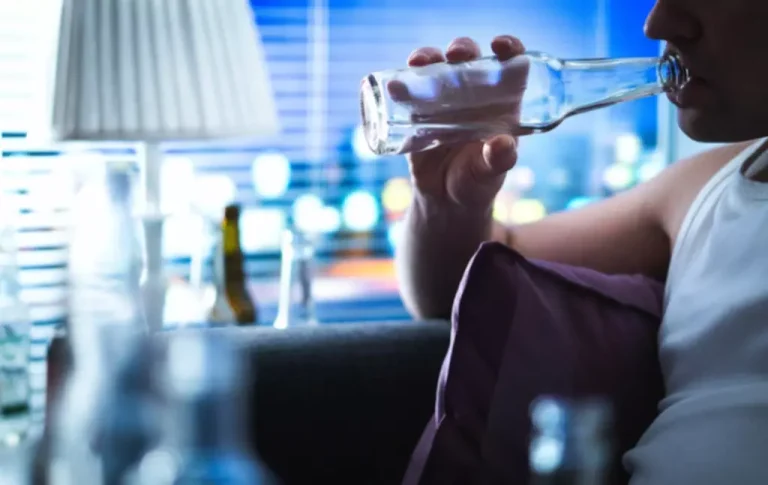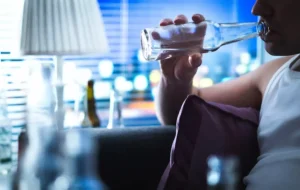
So what can you do to make sure you don’t get that infamous hangover headache caused by dehydration? Let’s find out and get a little background on why alcohol dehydrates you in the first place. If you don’t drink enough water with alcohol, you can become dehydrated quickly. Children under the age of 5 should get plenty of fluids to avoid dehydration. The signs and symptoms of dehydration also may differ by age. While water is important, you also need to get electrolytes — think sodium, potassium, calcium and magnesium chloride — from fruits and vegetables.

Drink Water Before Drinking Alcohol

Many people, particularly older adults, don’t feel thirsty until they’re already dehydrated. That’s why it’s important to increase water intake during hot weather or when you’re ill. You can usually reverse mild to moderate dehydration by drinking more fluids, but severe dehydration needs immediate medical treatment. Again, instead of drinking large quantities of water all at once, you may want to sip on fluids throughout the day as it may be easier for your body to handle.
How to Counteract Alcohol-Induced Dehydration
ADH stands for antidiuretic hormone (also known as vasopressin). When the human body senses it is getting dehydrated, the pituitary gland produces ADH to reduce urination. Drinking beer, a glass of wine, or other types of alcohol introduces a substance into the body that causes certain reactions.
- But even today we still don’t fully understand how alcohol causes this excessive urination.
- In other words, try to drink as much water as possible, because your normal retention rate isn’t going to be what your body’s used to.
- Your body’s metabolism can turn some components of alcohol into nutrients and energy.
Does Alcohol Dehydrate Muscle, Skin, or Both?
- A meal or snack can help restore some of the nutrients lost from dehydration while soaking up any alcohol still in your digestive tract.
- Additionally, foods with high water content, such as fruits and vegetables, can help counteract the dehydrating effects of alcohol.
- Alcohol decreases the amount of ADH your body produces, making it harder to retain enough fluids.
- Water, electrolyte sports drinks, and certain herbal teas are better options to remain hydrated.
Stick to beer and wine to mitigate any dehydration you may experience. Drinking plenty of water is crucial to rehydrate your body. However, replenishing lost does alcohol dehydrate you electrolytes is equally important. Without adequate electrolyte levels, water can’t enter cells and tissues, leaving you at risk of dehydration despite drinking water. To rehydrate your body after alcohol, it’s crucial to drink plenty of water and consider using an electrolyte powder to replenish electrolytes lost through increased urination. While it’s well known that drinking too much alcohol can lead to a hangover, even moderate alcohol consumption can lead to dehydration and electrolyte imbalance.

What’s the Least Dehydrating Alcohol?

Excessive urination causes your body to lose vital electrolytes. These include things like sodium, potassium, calcium, and chlorine. These nutrients are essential for proper kidney functioning. Eating food before or during drinking can help slow down the absorption of alcohol into the bloodstream, which can reduce its dehydrating effects.
“If you have heart failure or issues with fluid retention, talk to your doctor about optimal fluid regimens to remain hydrated in hot or warm weather,” advises Dr. Fertel. It’s important to talk to your doctor if dehydration is listed as a side effect. People who are older, young children or those who may have a decreased thirst mechanism should be encouraged to drink liquids. Emergency medicine physician Baruch Fertel, MD, explains dehydration and what can cause it. Second, https://ecosoberhouse.com/article/how-long-does-a-hangover-last-how-to-ease-a-hangover-tips/ if you weigh 60 kilograms, you generate about 60 millilitres of urine each hour. And for 80 kilograms, about 80 millilitres per hour, and so on.
Eat hydrating foods
To stay hydrated, a person needs to take steps before, during, and after alcohol consumption. Dehydration is when the body does not have sufficient amounts of fluid to function effectively. This happens when a person loses more fluids than they take in. Dehydration occurs when the body does not have sufficient amounts of fluid to function effectively.
- Alcohol affects various physiological functions and interferes with urine production, fluid regulation, and electrolyte balance, all of which are crucial for maintaining proper hydration.
- That splitting headache you wake up with after a fun night of drinking might not be entirely due to dehydration.
- Dealing with a virus can also cause you to feel dehydrated.
- Eating food before or during drinking can help slow down the absorption of alcohol into the bloodstream, which can reduce its dehydrating effects.
Prevention
Therefore, alcohol induced dehydration can occur when drinking alcohol without having a glass of water–or more, depending on how much alcohol you’re drinking. Alcohol can increase urine production, which can lead to dehydration. When the body is dehydrated, it tries to conserve water by producing less urine. However, alcohol can interfere with this process and cause the body to produce more urine than it needs to (breaking the seal). This can lead to dehydration and further electrolyte imbalances.
